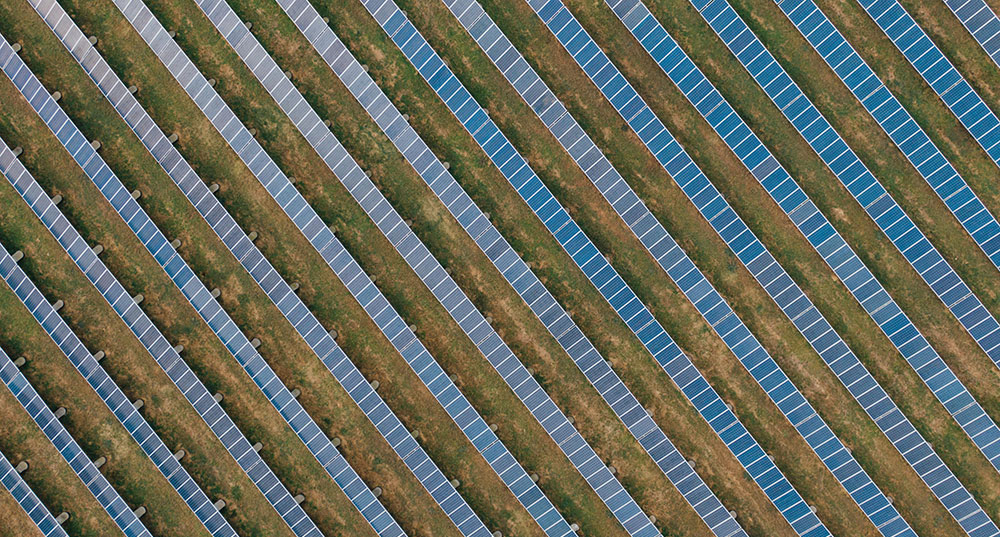Are Solar Panels Worth It in the UK?

Are solar panels worth it in the UK? Solar panels have become a popular choice for UK homeowners seeking to reduce energy bills and embrace sustainable living.
But with the UK’s often cloudy weather and the upfront costs of installation, many wonder: are solar panels truly worth it in the UK? Let’s break down the costs, benefits, savings, and practical considerations to help you decide.
Are solar panels worth it in the UK: Costs and Savings
The initial cost of installing solar panels in the UK typically ranges from £5,000 to £12,000, depending on system size (e.g., a 4kW system for a three-bedroom home averages £6,500).
This includes panels, an inverter, and installation fees. While this might seem steep, several factors make the investment worthwhile over time.
- Energy Bill Savings: A 4kW system can generate around 3,400 kWh annually in the UK, covering roughly 50-70% of a typical household’s electricity needs (based on Ofgem’s average usage of 2,700 kWh for electricity). With electricity prices at 24p per kWh (as per the October 2024 price cap), this translates to savings of £816 per year. Over 20 years, that’s £16,320—far exceeding the initial cost.
- Smart Export Guarantee (SEG): Since the Feed-in Tariff ended in 2019, the SEG allows you to sell excess electricity back to the grid. Rates vary (e.g., Octopus Energy offers 15p per kWh), but a 4kW system might export 1,000 kWh annually, earning £150 per year, or £3,000 over 20 years.
- Rising Energy Costs: With energy prices volatile (e.g., a 10% rise in the price cap in October 2024), solar panels offer a hedge against future increases, locking in lower energy costs.
Environmental Benefits
Solar panels significantly reduce your carbon footprint. A 4kW system offsets around 1.5 tonnes of CO2 annually, equivalent to planting 70 trees each year. For eco-conscious homeowners, this aligns with the UK’s net-zero goals by 2050, making solar a meaningful step towards sustainability.
Practical Considerations in the UK
- Weather and Efficiency: The UK’s climate isn’t as sunny as Spain, but solar panels still work effectively. They generate electricity from daylight, not direct sunlight, and modern panels perform well even on cloudy days. Southern England (e.g., London) gets around 1,500 hours of sunshine annually, while Scotland averages 1,200 hours—still enough for decent output.
- Roof Suitability: Your roof needs to be south-facing (or near-south), with a 20-40° pitch and minimal shading for optimal performance. If your roof isn’t suitable, ground-mounted systems are an option, though they’re costlier.
- Lifespan and Maintenance: Solar panels typically last 25-30 years, with a 10-20 year warranty on most models. Maintenance is minimal—clean them annually to remove dirt, and budget £100-£200 every 5-10 years for inverter checks.
Government Incentives and Support
While the Feed-in Tariff is gone, the SEG provides export payments, and some local councils offer grants (e.g., the Home Upgrade Grant for low-income households). Additionally, solar installations are VAT-free for residential properties (0% VAT as of 2025), saving you £1,000-£2,000 upfront. If paired with a battery (e.g., AlphaESS G3, costing £3,000-£5,000), you can store excess energy for evening use, maximising savings.
Are solar panels worth it – Potential Drawbacks
- Upfront Cost: The initial investment can be a barrier, though financing options (e.g., 0% interest loans from installers like Heatable) make it more accessible.
- Break-Even Period: It takes 8-12 years to recoup your investment, depending on energy prices and SEG rates. If you plan to move house sooner, this might not suit you.
- Aesthetic Impact: Some find panels less attractive on traditional UK homes, though sleek, all-black designs are now available.
Are Solar Panels Worth It in the UK?
For most UK homeowners, solar panels are worth the investment. Financially, they pay for themselves within 8-12 years and deliver £15,000-£20,000 in savings over their lifespan, while also increasing property value (by 4% on average, per Rightmove).
Environmentally, they’re a win, cutting your carbon footprint significantly. However, they’re not ideal for everyone—if your roof isn’t suitable, you’re moving soon, or you can’t afford the upfront cost, you might want to explore alternatives like community solar schemes.
Final Thoughts
Solar panels in the UK offer a compelling mix of financial savings, environmental benefits, and energy independence. With government support, rising energy costs, and improving technology, 2025 is a great time to go solar.
If you’re considering solar, get an instant free quote from a trusted installer like Heatable to see how much you could save.
You may also be interested in our posts on solar power diverters and the best batteries for solar power storage.






